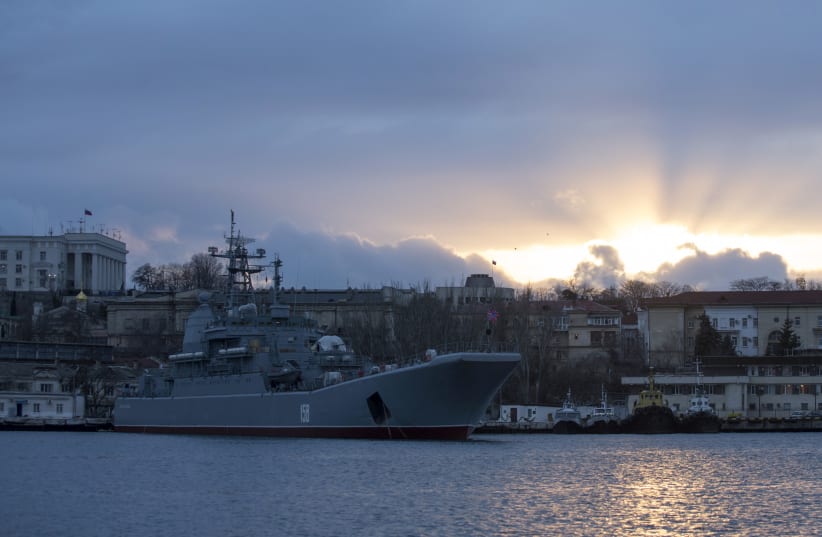A Russian aircraft released a missile near a British aircraft patrolling in international airspace over the Black Sea on September 29, defense minister Ben Wallace said on Thursday.
Wallace told parliament Britain had suspended patrols following the incident and expressed their concerns to Russia's Defence Minister Sergei Shoigu. Russia said it was a technical malfunction and Wallace said Britain has now resumed patrols.
Wallace said he does not consider the release of the missile to be a deliberate escalation. "We don't consider this a deliberate escalation by the Russians, our analysis would concur it was a malfunction," Wallace told parliament.
The UK Defense Journal reported that earlier this week that the Royal Air Force (RAF) provided an RC-135 surveillance aircraft with two Typhoon escorts over the Black Sea, in order to monitor Russian forces in Ukraine.
"However, it is a reminder of quite how dangerous things can be when you choose to use your fighters in the manner that the Russians have done over many periods of time."
Wallace elaborated on surveillance of the region, stating “Everything we do is considered and calibrated with regard to ongoing conflict in the region and in accordance with international law.”
He continued, “Calibration is incredibly important to me. We are dealing with the president and indeed Russian forces who, as we have seen from the Rivet Joint incident [described above], are not beyond making the wrong calculation or indeed deciding that the rules don’t apply to them.”
Politico reported that Wallace claimed to have communicated his concerns over this “potentially dangerous engagement” in a letter directly to his Russian counterpart Sergei Shoigu and the Russian chief of defense staff in Moscow.
